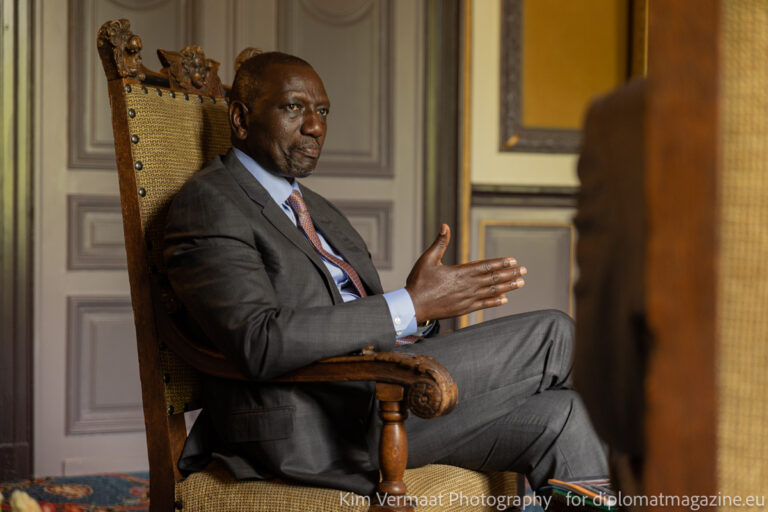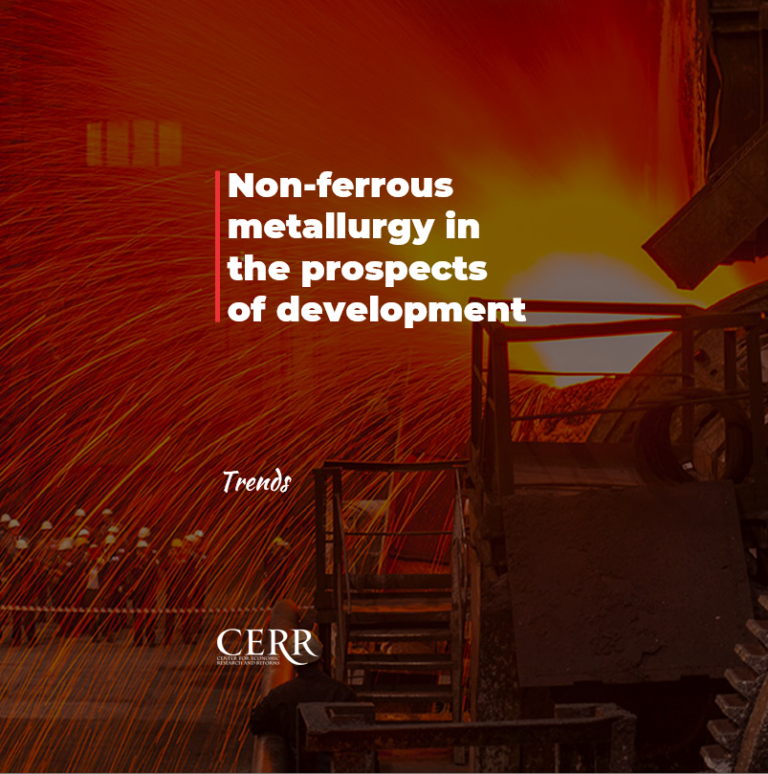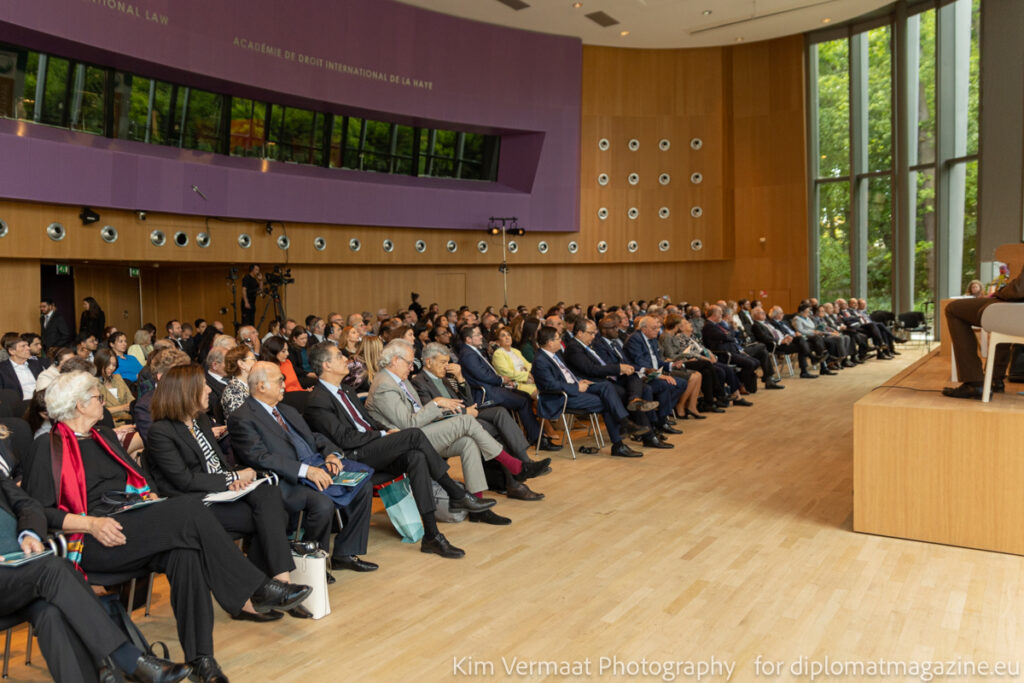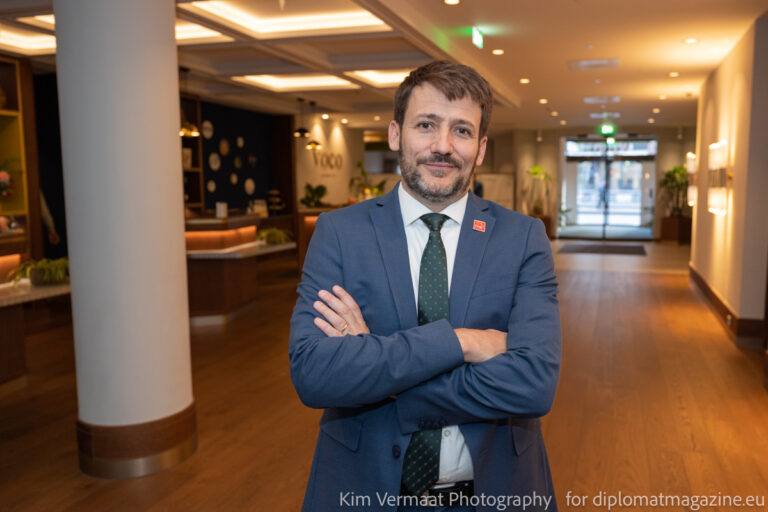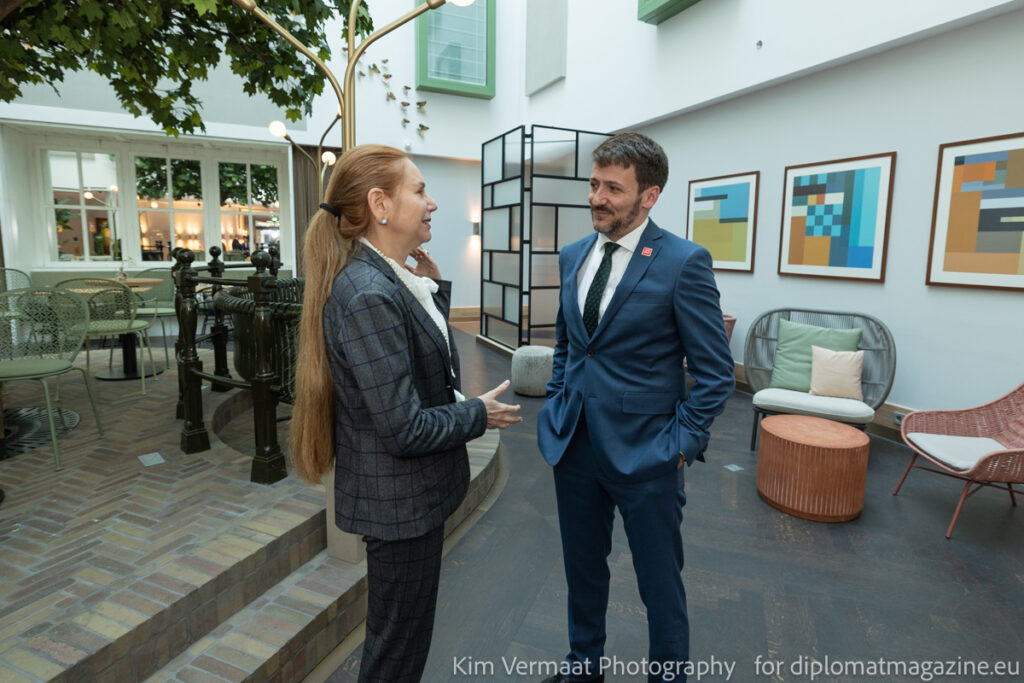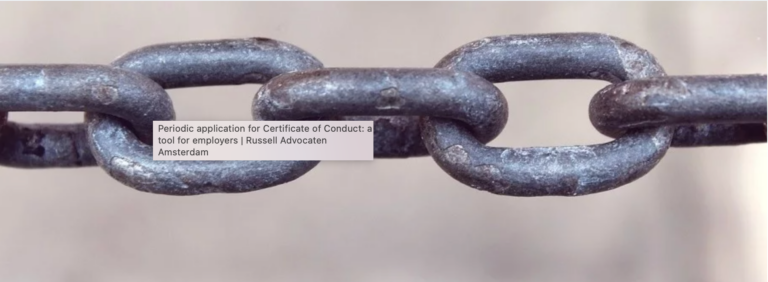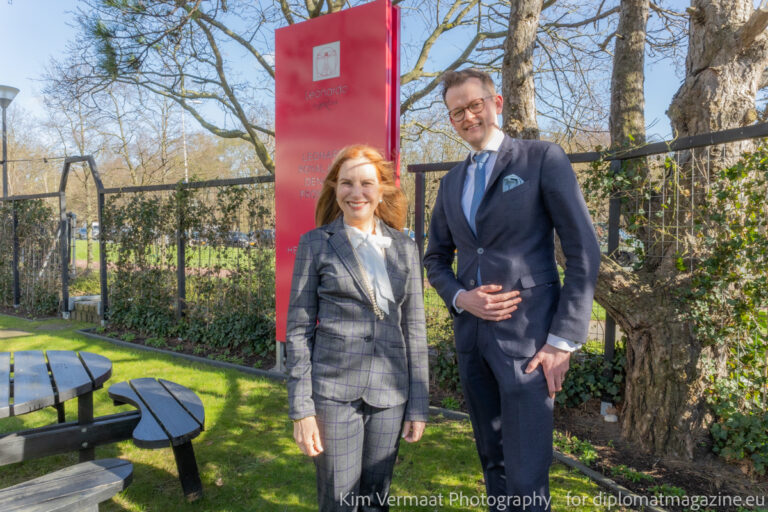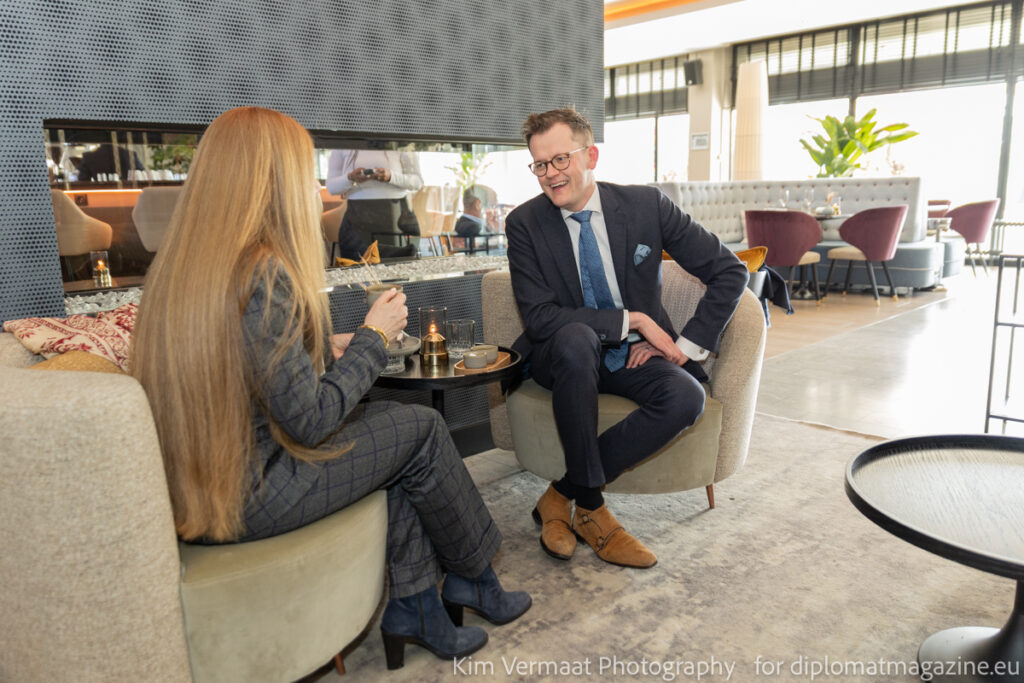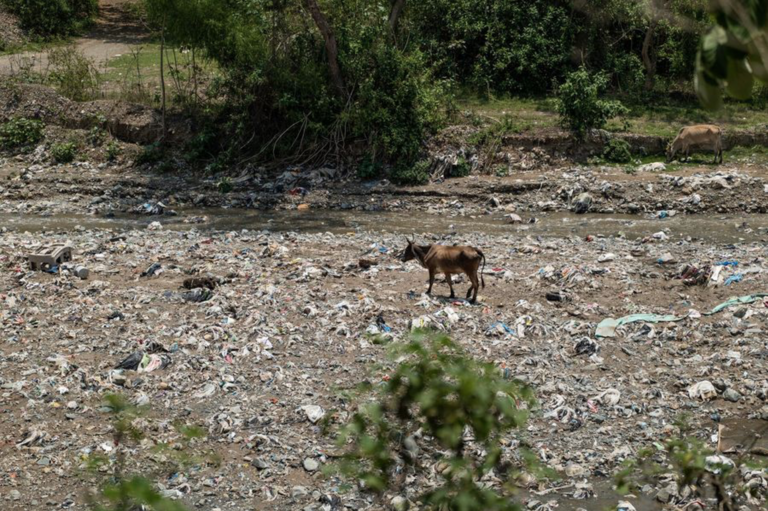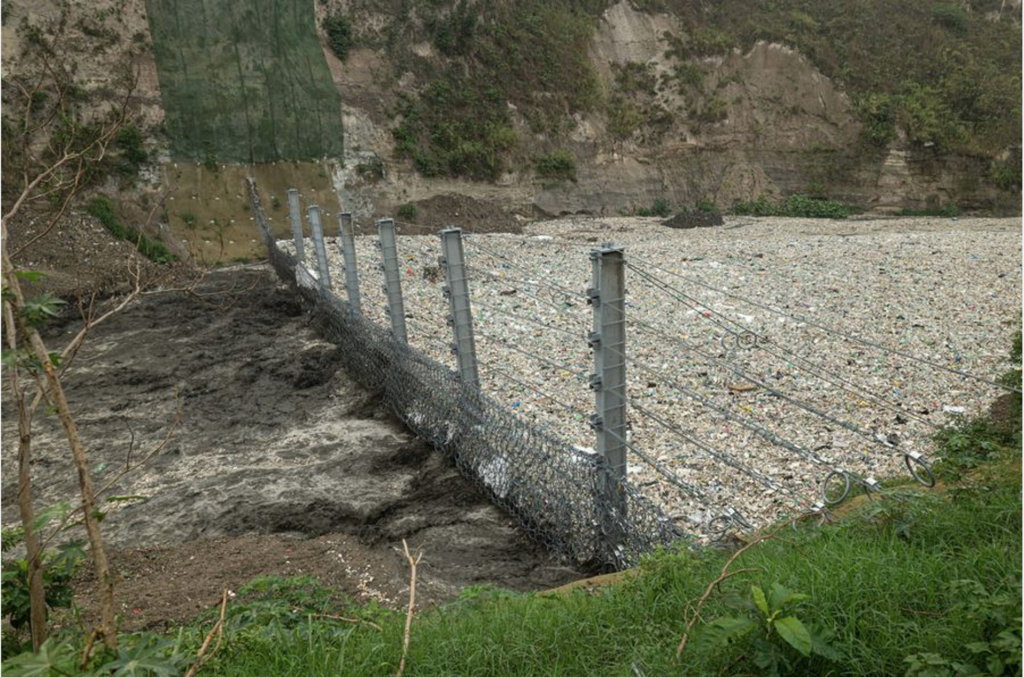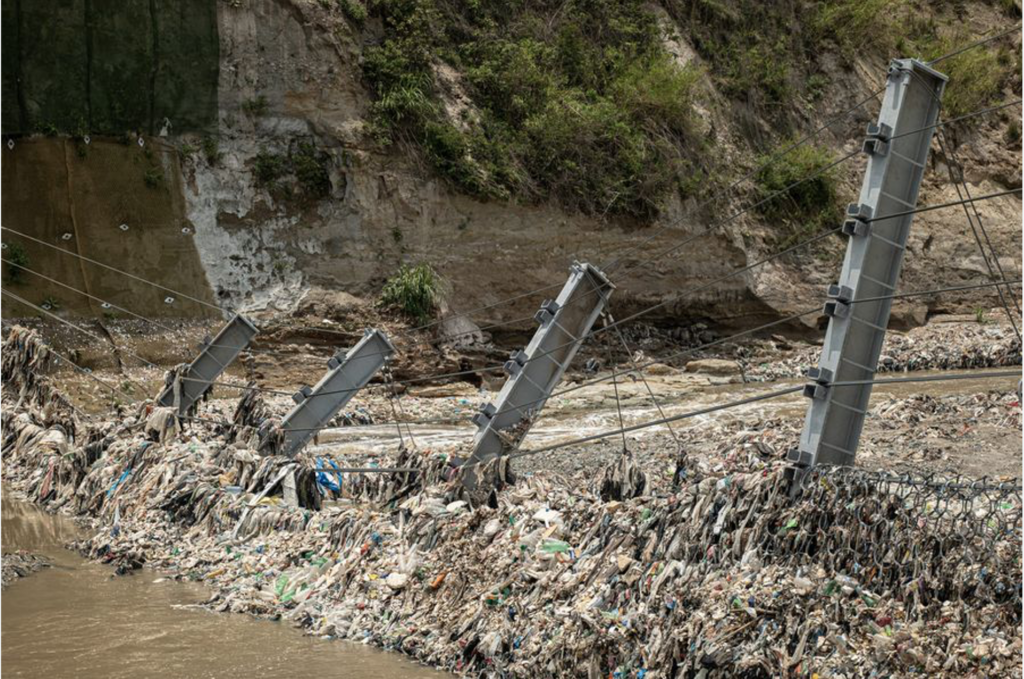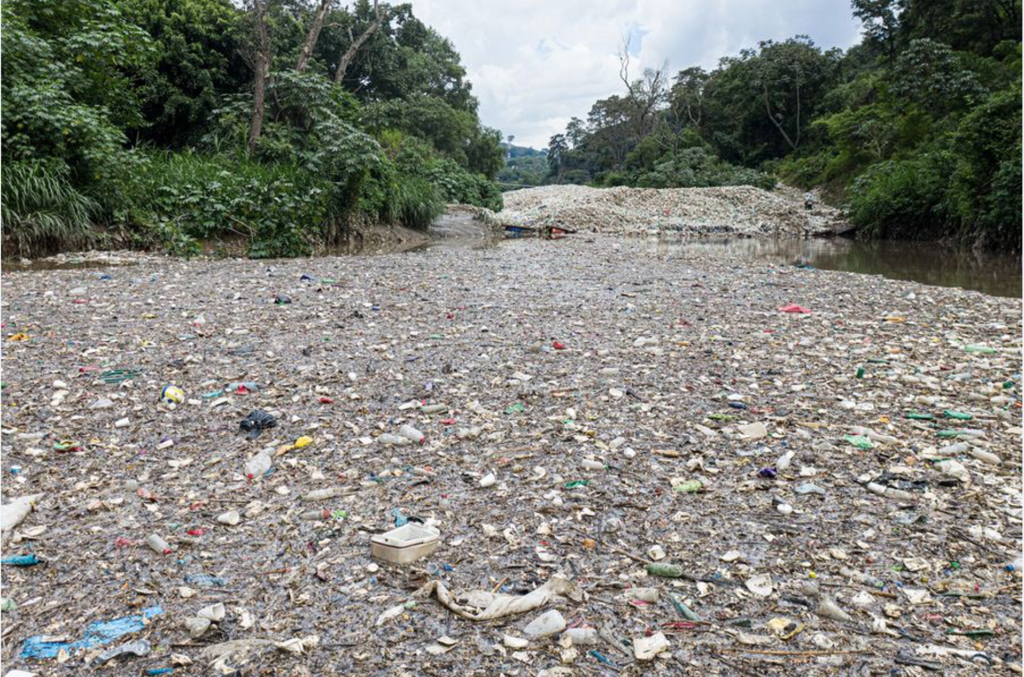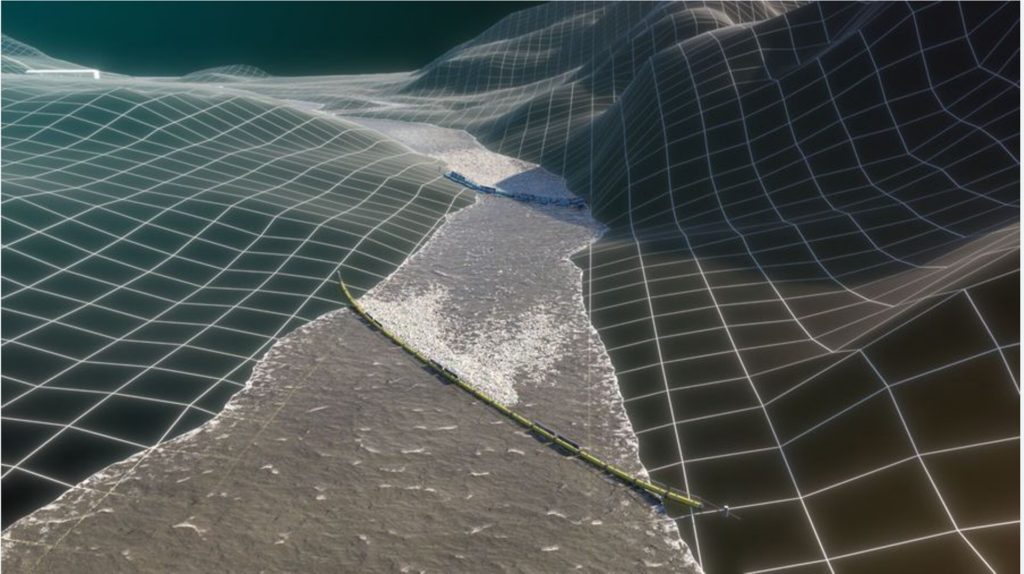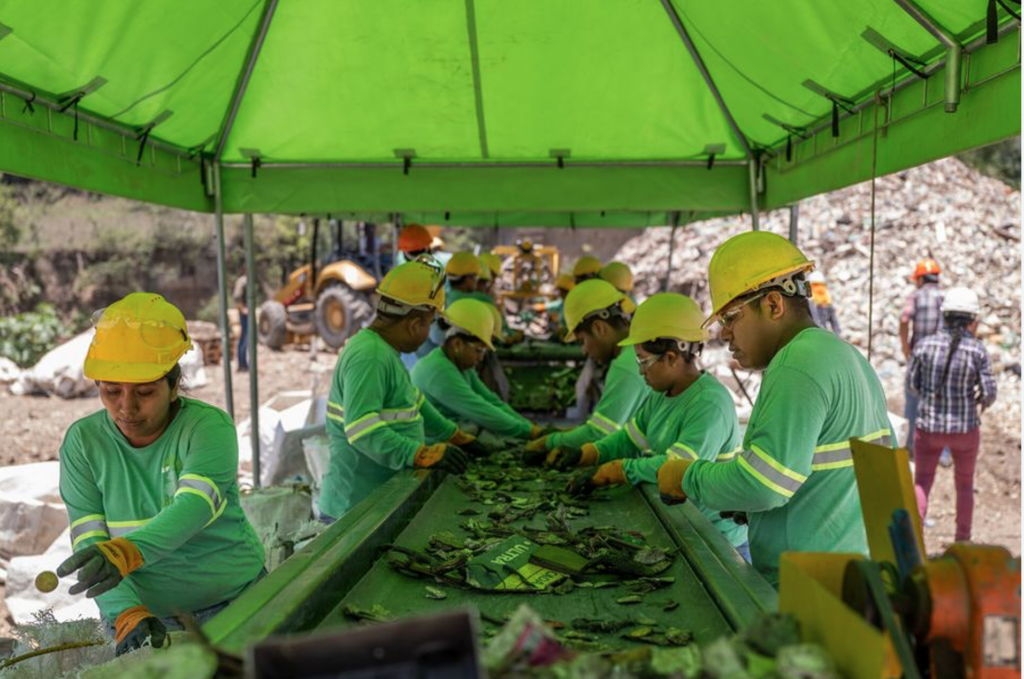By Roy Lie Atjam
The President of Kenya, H.E. William Kipchirchir Samoei Arap Ruto Ph.D. CGH, made an official two-day visit to the Netherlands on 7-8 May 2023 for a series of bilateral meetings including a meeting with HM King Willem-Alexander.
On May 8, 2023, President William Ruto held a causerie at the Salon Van Briemen at the historical Hotel Des Indes, The Hague. Before coming to the Netherlands President William Ruto and his spouse, Rachel Ruto attended the coronation ceremony of King Charles III in London. President William Ruto met with HM. King Willem Alexander and Queen Maxima at Noordeinde Palace on Monday 8 May 2023.
HM Queen Maxima, met with the President’s spouse, Rachel Ruto to discuss financial inclusion and women’s empowerment in her capacity as the United Nations Secretary-General’s Special Advocate for Inclusive Finance for Development (UNSGSA).
One of the objectives of President William Ruto’s visit to the Netherlands was to create awareness for the Africa Climate Action Summit that will be held in Nairobi Kenya, from September 4-6, 2023. President Ruto visited the headquarters of the Global Centre on Adaptation (GCA) and participated in a Strategic Dialogue at the upcoming Africa Climate Action Summit.
The GCA, the only international organization focused exclusively on climate adaptation, is working closely with Kenya to mobilize financial commitments for adaptation during the Africa Climate Action Summit.
Diplomat Magazine organized a causerie with President William Ruto on the upcoming Africa Climate Action Summit and other topics. The full causerie follows.
President Ruto stated that “We have been having a conversation largely centred around finger-pointing. Who did what, who did not, that conversation is not progressive. It is true that Africa has contributed the least to climate change and yet is bearing the biggest burden. Despite its accuracy, we want to move from this victim narrative.
We believe it is time to have a different conversation, one about Africa coming to the table with innovative solutions to climate change and sustainable development”.
The president added that “The conversation in September 2023 will have depth and detail. We want to bring an African perspective to climate action, put our ideas on the table, and formulate innovative solutions that will help tackle this monster that is threatening humanity. The stakeholders at this conference are African Heads of State, it is a conference on climate action, by heads of state and government and the people of the African continent. We will also have other players. We are working with the Global Adaptation Centre, the Africa Union, African Development Bank, many other stakeholders, and other partners.
We will be inviting heads of state from other countries because climate change is not an African problem, it is a global problem and requires input, participation, and contribution from as many stakeholders as possible”.
Your Excellency, do you recall Glasgow 2021 when the Prime Minister of Barbados Mia Mottley delivered her smashing remarks? Mottley “We come to Glasgow with global ambition to save our people and our planet but now find three gaps! What do we say to our people living on the frontline in the Caribbean, Africa, and the Pacific when both ambition and some of the needed faces are absent?”
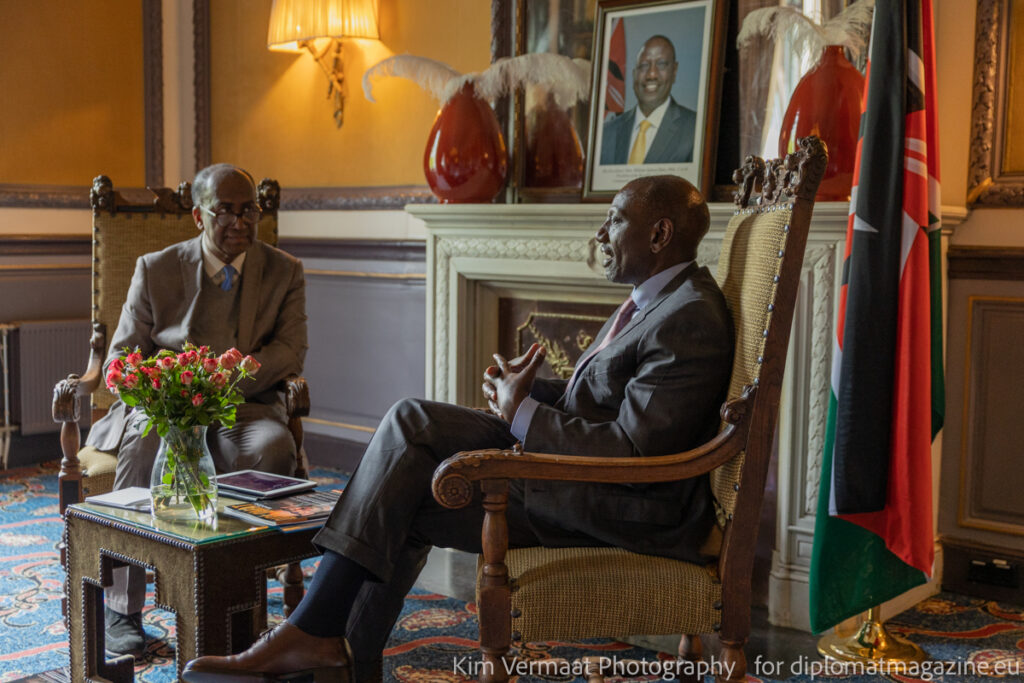
The President reacted that “We will be building on a body of knowledge and information and scaling it up with ideas and innovative solutions, that we can bring to the table where we then want to have a very candid conversation in the style of PM Mottley, but more progressive. We have concrete suggestions on what we think these ideas and solutions should be. Yes, we need to have a robust conversation about adaptation and what African countries need to do for example about water, and agriculture. How do we drive the space around sustainable agriculture? building of dams, harvesting rainwater making supply much more predictable. What do we do about carbon markets, about mitigation?
President Ruto continues “The big conversation so far has been about loss and damage but in our respectful submission we need to take it beyond that and go all the way to finance and climate investment because that is a much bigger conversation. Damage and loss is a conversation about a hundred billion dollars, that is not forthcoming.
The conversation that we need to have is about climate financing. What conversations can we have around carbon markets, and about carbon trading? How do we get the people who do more with carbon sequestration, to help the globe with decarbonizing? How do we convert that into revenues? How do we have the big conversation about climate investment? Loss and damage are around 100 billion dollars, climate Investment is 150 trillion dollars. Should we be having a conversation about a hundred billion dollars? Or should we be having a conversation about 150 trillion?
That is where we want to take this debate and we want to make sure that as a continent this time around, we are not left out of the conversation. I am told the risk of not being on the table is that you could easily be on the menu, and we are crystal clear we need to be at the table. If we have this conversation, we will go all the way up to the International Financial Market, the International Financial architecture, and the International Financial system.”
President Ruto stated that “We need a system that is climate-aligned, climate-responsive, and inclusive. We cannot continue with the International Financial architectures it is because it prices Africa out of the market, using only one factor-risk. The kind of financing today that the global South can access, concessional financing, is so small. It is ridiculous. You cannot finance any meaningful development with that kind of access. Yet even though this concessional financing takes inordinately long, it comes in very small quantities, and it is one hell of an exercise to access.
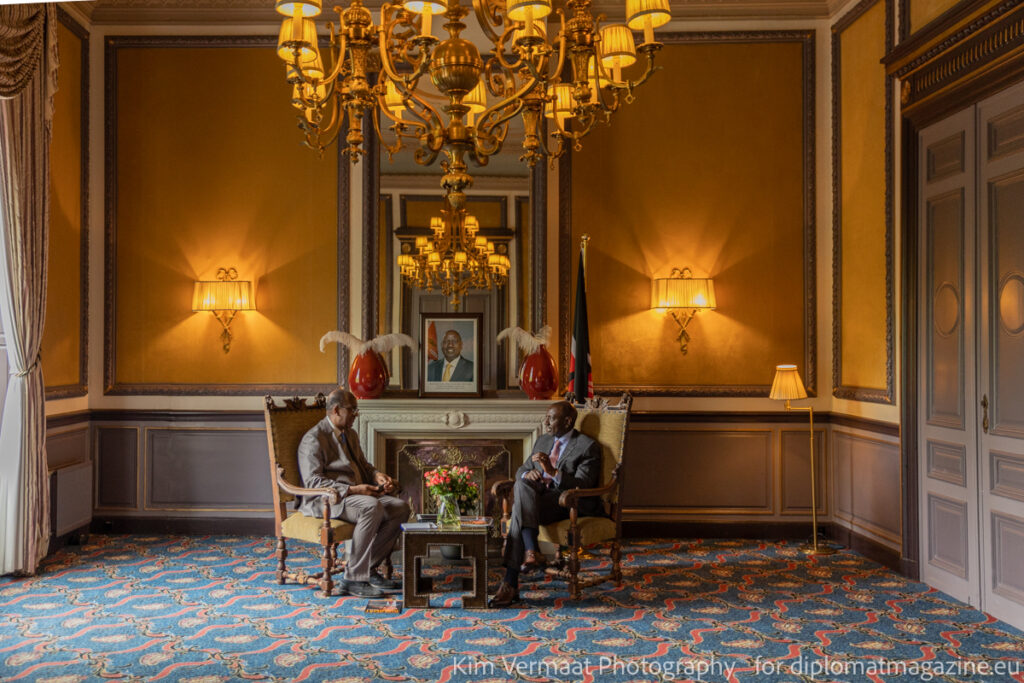
The International Financial architecture must change, it is not working, and I dare say it is rigged against one set of people as against another. Hence our push is for an International Financial Architecture that is fair. Africa is the continent with two-thirds of uncultivated arable land. We can feed the whole globe. We are the youngest continent. We have the biggest demographic dividend- a quarter of the people on Earth will be living on the African continent by 2050.
We have all the renewable energy assets in the world Whether you talk about, Hydro, wind, or solar geothermal and we are ready to make these assets available to decarbonize the world.
“The transition from fuel fossil fuels energy to renewable energy is a foregone conclusion. We cannot sustain, however, reckless we want to be, development and growth driven by fossil fuels. With Africa’s assets, we have opportunities that we have what we can bring to the table, and we want to meet halfway with everybody. We have our assets: a big Market, our young people, we have minerals. We want to meet halfway with our compatriots from the North who can come with technology and financing and together we create a better future.”
Regarding Kwanza Technology: President Ruto deems it an interesting phenomenon because technology is a big component of winning the future. Kenya is known for technological innovation. M-pesa for example is a financial inclusion platform with global acclaim. It has driven financial inclusion from below 40% to the region of almost 90%.
When asked about Blue Economy, President Ruto indicated that “our blue economy space is part of the reason why I was in Rotterdam yesterday (7 May). There is an opportunity to build a global ecosystem that will enable us to get into the untapped space around Blue Economy resources. Whether you are talking about fishing and the whole ecosystem around processing and what comes with it. How do we develop that ecosystem and bring shipping on board? Blue economy helps us to sort out food security. This is in addition to creating jobs, creating value, and decarbonizing the whole infrastructure around maritime transport and Logistics.”
He further stated that “the current architecture of the African Union is not effective. We, African Leaders, are having a very frank, intense, and honest conversation about what we need to do differently because we certainly must change. We need to give the AU the power and resources to engage with the European Union, America, China, and all of our other partners so that we can be able to get what we need to transform our countries. Look at what the Asian countries are doing (ASEAN).
This is the new thinking and we need to adapt.” He added “If we are engaging with Europe, we must empower the African Union president to engage with the EU president at the same level. We want to engage with China, America in the same way. We have been asked for a meeting between Africa and Russia we cannot send 54 heads of state. We have decided that this is going to be different. We are going to have a Troika of the past chairman, the current chairman a future chairman. They can transact on behalf of the continent. That way you can have a reasonable meeting.”
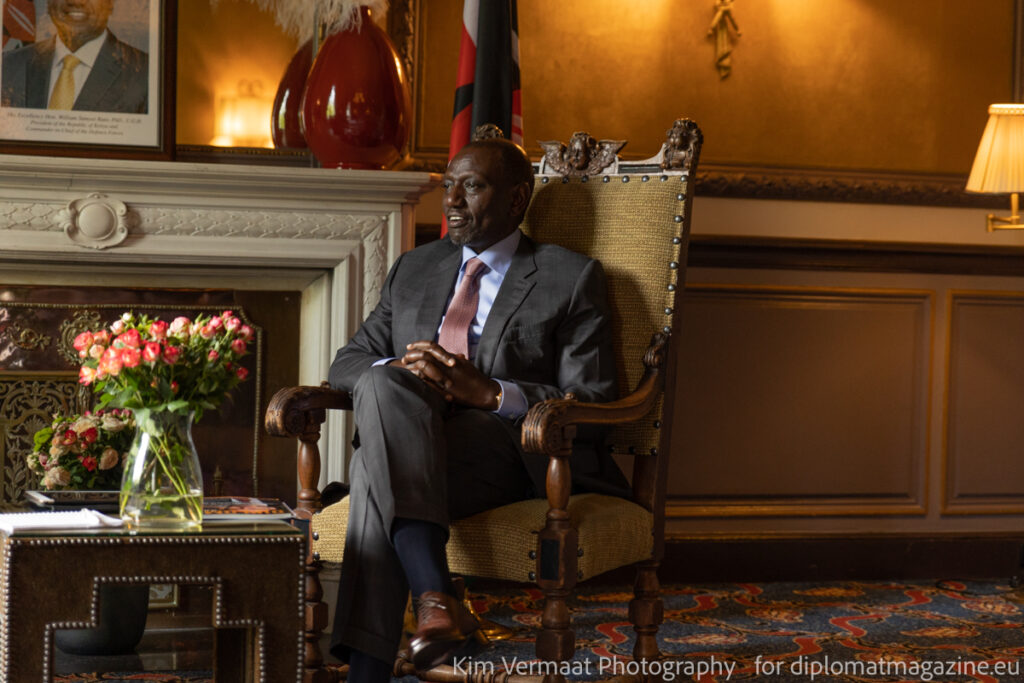
“If you offer me the last word, thank you very much for giving me this opportunity. I look forward to another engagement. Welcome to Kenya in September. Let us talk about climate action and what we can do to save our globe”.
Thank you for sharing your vision your Excellency.
Asante Sana (Thank You)


